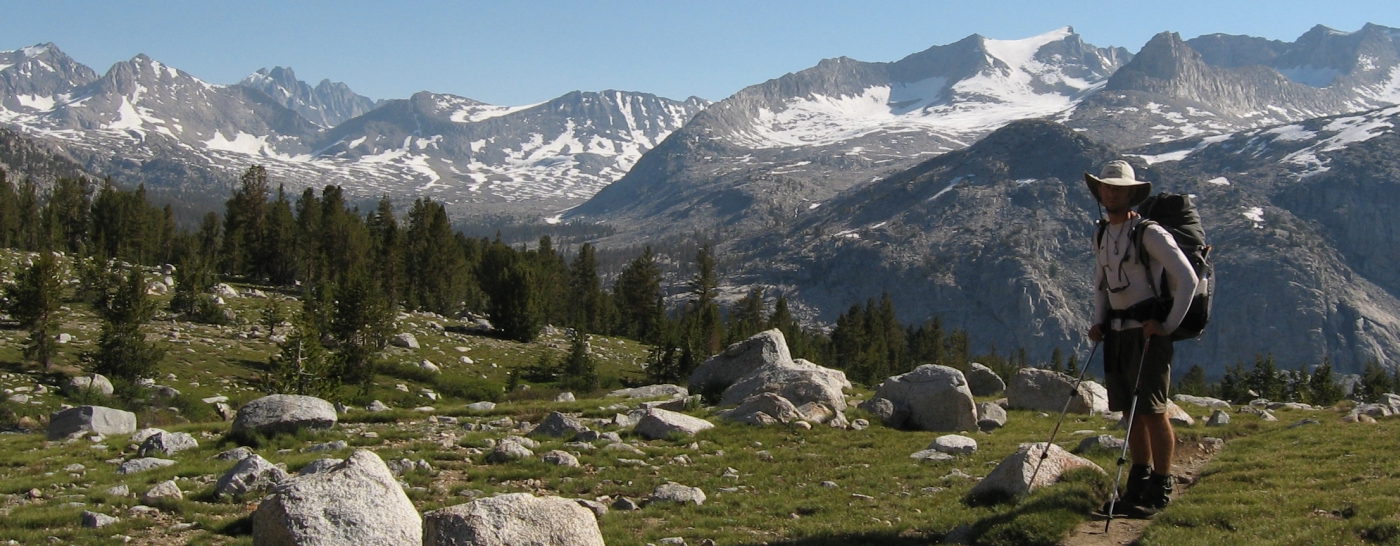 Today is Guatemala’s election day: new deputies, congressional-level representatives, a vice president, and a president (if receiving over 50% of the popular vote) will be chosen in open elections around the country. This is no small event for a country that has been ruled by non-representative military dicatorships for much of its history, and whose present democracy is barely 20 years old. With the 1996 peace accords (signed between the army and guerilla forces) still only partially implemented and an estimated 60 percent of Guatemala’s population living in poverty, a lot is at stake. In fact, the 4-year elections are still sensitive enough that selling or serving alcohol is prohibited beginning at noon the day before. And if what Lacey and I saw around town today is any indication, long lines and armed guards are also a standard part of the process. So what does this vote mean for the lives of ordinary Guatemalans?
Today is Guatemala’s election day: new deputies, congressional-level representatives, a vice president, and a president (if receiving over 50% of the popular vote) will be chosen in open elections around the country. This is no small event for a country that has been ruled by non-representative military dicatorships for much of its history, and whose present democracy is barely 20 years old. With the 1996 peace accords (signed between the army and guerilla forces) still only partially implemented and an estimated 60 percent of Guatemala’s population living in poverty, a lot is at stake. In fact, the 4-year elections are still sensitive enough that selling or serving alcohol is prohibited beginning at noon the day before. And if what Lacey and I saw around town today is any indication, long lines and armed guards are also a standard part of the process. So what does this vote mean for the lives of ordinary Guatemalans?
A week ago Lacey and I witnessed a different election, that of the tongue-twisting Princesa Indígena Nacional de la Independencia. With the approach of Central America’s September 15th Independence Day (celebrated right here in Xela by people from all over Central America, in a huge multi-day fiesta), Princesas de la Independencia are being chosen at every level, from local pre-schoolers on up to the Princesa Nacional herself. But the Princesa Indígena Nacional is a little bit different, chosen from a group of over 30 young indigenous women from Mayan tribes around the country. The winner of Princesa Indígena must display impressive traditional costume typical of her tribe, must demonstrate knowledge of her native language (over 20 Mayan languages are spoken in Guatemala), and most importantly, must deliver a convincing speech about her plan to help improve the status of the indigenous people.
Held at Xela’s beautiful Teatro Municipal, the nationally televised event began with an hour of entrances, introductions, and traditional music and dance numbers. Then came the announcement of the five finalists, chosen following a previous stage of competition. Finally, each of the finalists moved forward one by one and responded to a question posed by the judges about the future of her indigenous people and her country. Although I understood little of what was said, each young woman spoke with passion and pathos, referring to the sober situation of both Guatemala and its indigenous people. My Spanish teacher later told me that this passionate mode of speech is common to many indigenous women, although he thought the pageant finalists were especially gifted. In a time when the momentum of the 1996 peace accords has faded to an appalling status quo for the indigenous population (an estimated 70-80% live in poverty), the passion of these young women is a precious commodity. The crowd certainly appreciated it, and Lacey and I applauded loudly along with everyone else when the winner was announced, before ducking out early for a quiet cab ride home.
In many ways, Guatemala’s official elections are complicated beyond the scope of a traditional understanding of democracy. Economically, the country is ruled by seven or eight wealthy families, who control most national industry and finance. Many of these families have connections within the armed forces, connections who maintain semi-private security forces to protect their interests. Political campaigns are also run with the support of these families, although the leading presidential candidate in this year’s election has not disclosed where any of his enormous campaign treasury came from, sparking fears among some that the Guatemalan people will be the ones to pay him back for his campaign if he wins. The other leading candidate is running under the motto “Mano Dura,” or “Strong Hand,” a response to the country’s pervasive fears about violence. A Republican campaign adviser from the US is purportedly backing this conservative, military candidate. The “Mano Dura” motto touches a tender nerve in Guatemala, given the weak judiciary system that has made vigilante justice more and more common, the extreme focus of national media on violent events, and the shared cultural memory of over thirty years of violence and repression.
 Ultimately, many Guatemalans seem to feel that none of the leading choices for President presents a good option. In some cases there is more hope for local candidates, but pervasive corruption make these hopes tenuous, too. As a result, the officials who are elected this year may do little to uplift a nation that desperately needs uplifting. But hope still remains, and the Princesa Indígena Nacional de la Independencia is evidence of this. In a country whose people are surprisingly tolerant of varying religions and cultures (Catholics, Evangelical Christians, and Indigenous Mayans live side-by-side with relatively little culturally motivated friction — and in fact, every political party fields Mayan candidates at various levels), a woman with a young, strong voice could be just the kind of hero that the country will need in the years to come. Guatemala will likely need more than just one champion, but an election of this kind provides a glimmer of hope for those present, reflected in the burning eyes of the Princesa Indígena Nacional de la Independencia.
Ultimately, many Guatemalans seem to feel that none of the leading choices for President presents a good option. In some cases there is more hope for local candidates, but pervasive corruption make these hopes tenuous, too. As a result, the officials who are elected this year may do little to uplift a nation that desperately needs uplifting. But hope still remains, and the Princesa Indígena Nacional de la Independencia is evidence of this. In a country whose people are surprisingly tolerant of varying religions and cultures (Catholics, Evangelical Christians, and Indigenous Mayans live side-by-side with relatively little culturally motivated friction — and in fact, every political party fields Mayan candidates at various levels), a woman with a young, strong voice could be just the kind of hero that the country will need in the years to come. Guatemala will likely need more than just one champion, but an election of this kind provides a glimmer of hope for those present, reflected in the burning eyes of the Princesa Indígena Nacional de la Independencia.




Ethan –
Love reading your blogs – keep up the GREAT work!
hope as is well!
Brian Creter
Thanks Brian!